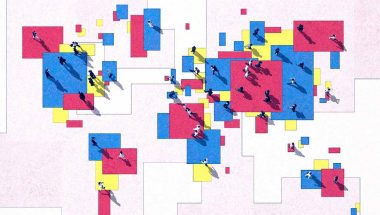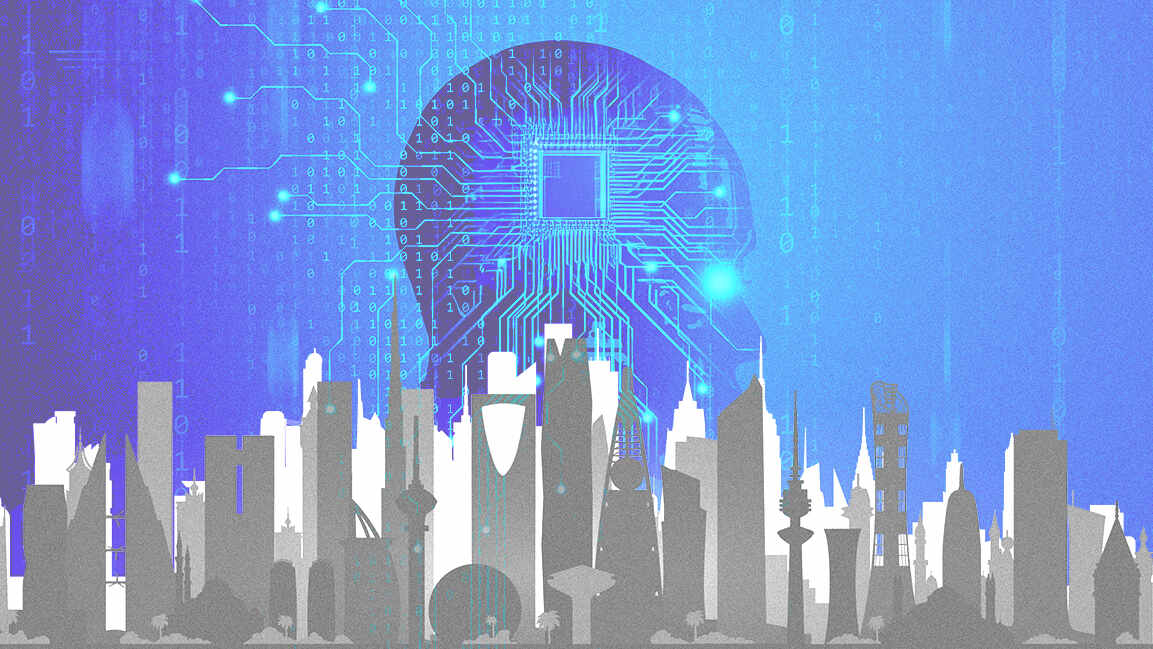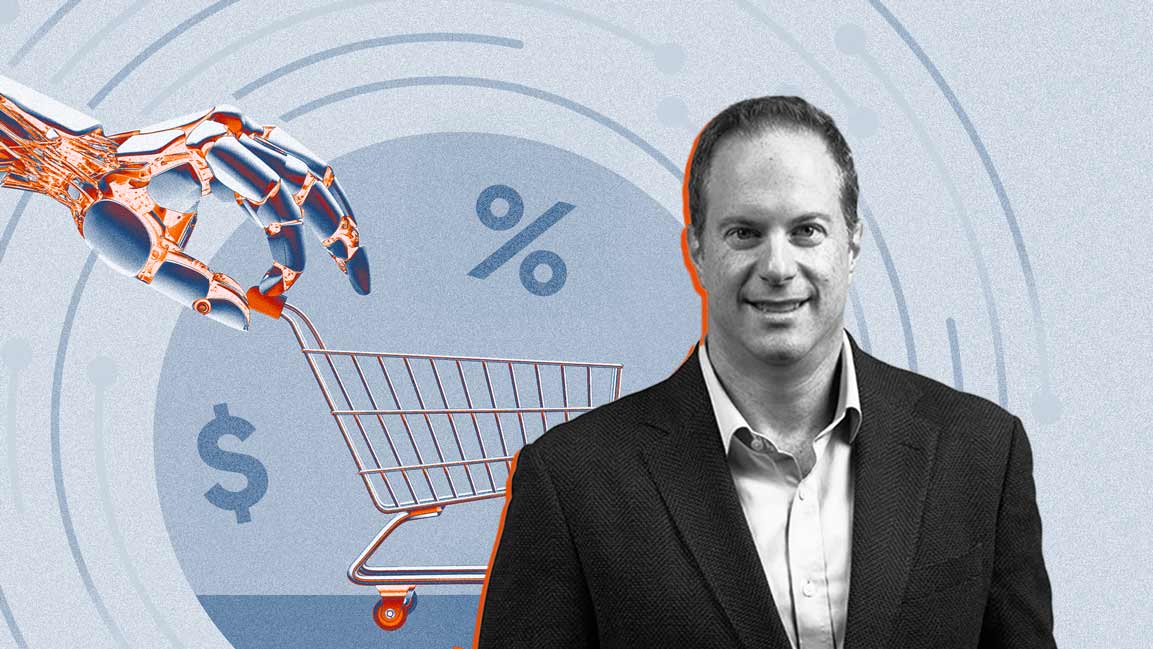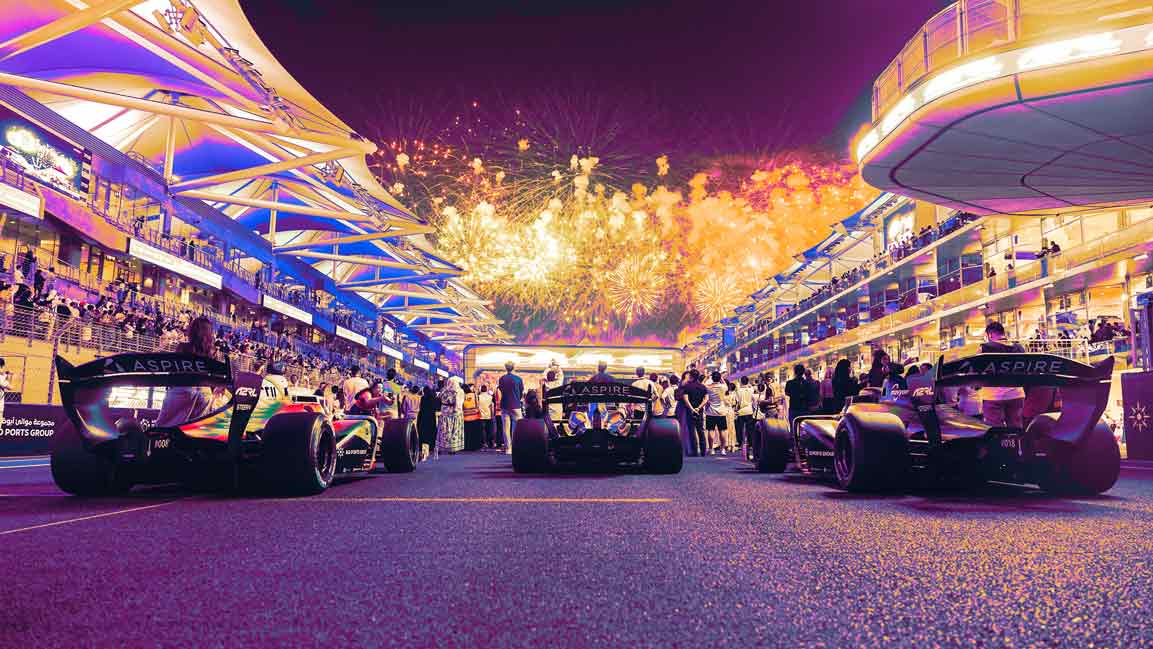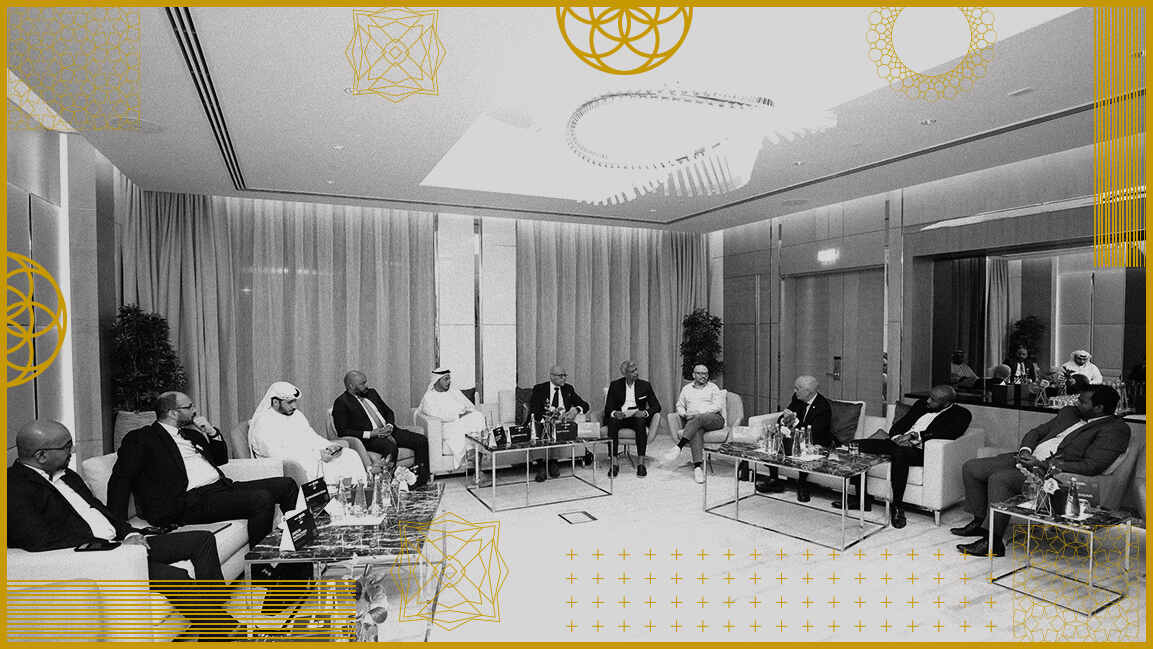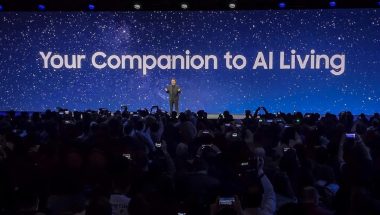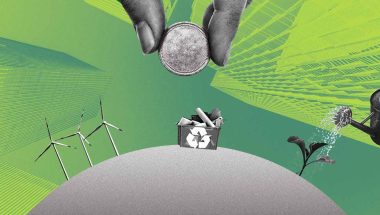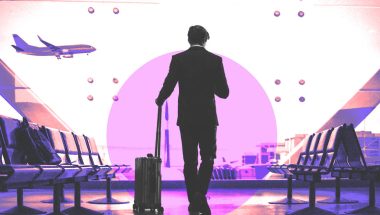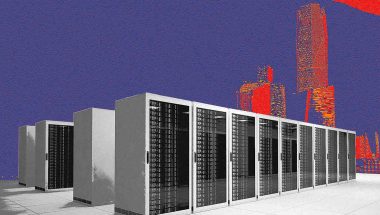Regenerative travel has arrived in the Middle East. And it can positively impact society
Progressing from environmental sustainability, regenerative travel also prioritizes community-based economic growth and cultural preservation
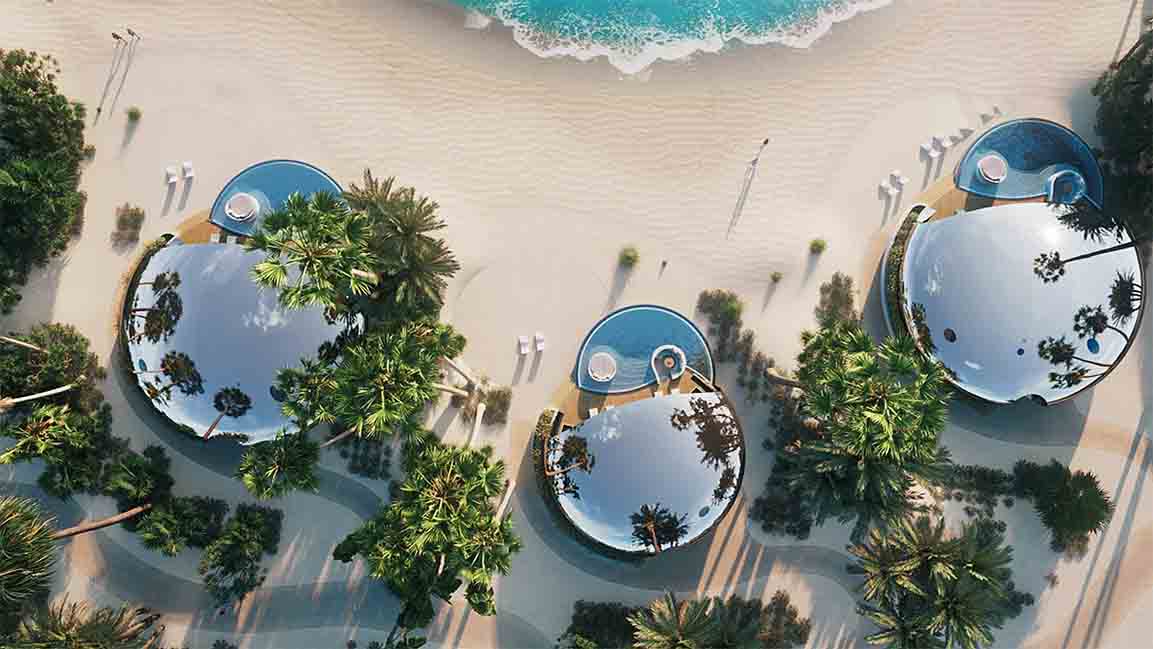
The concept of travel has evolved significantly in the past decade – it’s no longer enough to leave a lighter carbon footprint but must positively contribute to the local ecosystem, communities, and economies.
While the shift from conventional to sustainable tourism has been long-awaited, many eco-conscious travelers prioritize purpose-driven experiences and making a positive impact over traditional recreational activities.
They are embracing the next trend – regenerative tourism, a new era in the travel industry. This involves traveling sustainably, contributing to the welfare of local communities, and fostering positive economic growth.
Supporting and uplifting local communities aligns with the philosophy of regenerative tourism, believes Raed Albasseet, Group Chief Environment and Sustainability Officer at Red Sea Global.
“Empowering local communities is crucial for sustainable development and long-term success. By involving and collaborating with residents, businesses, and organizations, the benefits of tourism are distributed equitably and communities have a stake in the industry they are a part of.”
This preserves and celebrates local culture and heritage and fosters economic growth and improved quality of life for community members, adds Albasseet.
COMMUNITY-CENTERED ECONOMIC GROWTH
In Saudi Arabia, The Red Sea is at the forefront of regenerative tourism – helping local communities by creating employment opportunities and driving economic benefits in the region.
Hiring local people and providing them with training and capacity-building programs adds another string to its bow. To preserve, celebrate, and transmit Saudi Arabia’s rich cultural heritage for future generations, cultural experts impart their knowledge and skills to tourists.
“By integrating local suppliers and businesses into our supply chain, the economic benefits generated by our tourism activities are reinvested in the community. This approach stimulates job growth, spurs entrepreneurship, and increases overall economic resilience within the local communities,” says Albasseet.
Regenerative tourism is more about the added value, not volume. It enables a place to be left better than it was found.
Regenerative tourism focuses on the supply side, local communities, and ecosystems rather than the market-demand approach.
Last year, The Red Sea welcomed its first visitors. Along with Amaala, RSG’s second destination, It is set to generate 120,000 new job opportunities to nurture the next generation of Saudi talent, including specialized leadership programs for recent graduates and women. Additionally, they are expected to contribute as much as $8.8 billion to the nation’s GDP.
MEASURING IMPACT AND SUSTAINABILITY
Involving local communities not only fosters cultural preservation but also enhances the region’s culture.
A good example of this is Tamala, the farmers’ co-operative that Red Sea Global co-founded. Back in 2021, we approached some of the 2,000-plus farmers in our areas looking for supplies of fresh vegetables and fruits for our destination. These farmers told us about the many challenges they faced, from remote locations and limited transportation to the high costs of seeds and fertilizers.
That’s where we stepped in. Today, local farms are delivering high-quality cucumbers, tomatoes, and other vegetables directly to The Red Sea destination, and our first resorts proudly highlight their locally sourced produce. They’re leaving a much smaller carbon footprint as a result.
It is a part of the company’s community initiatives, including Amerah Souq. Likewise, our community initiative Amerah Souq. Launched in 2022, the pilot market days were a success and now we have plans to make it permanent.
The souq provides farmers, craftsmen, and artists a platform to showcase and sell different foods, merchandise, crafts, and other products while celebrating local culture through traditional musical performances and cultural heritage workshops.
In addition, recognizing that language bridges cultures, businesses, and, most importantly, people, Red Sea Global also provided a six-month online general English-language course for locals looking to be part of the tourism industry.
Other initiatives include its scholarship program for 170 students in the University of Prince Mugrin’s bachelor’s degree program studying international hospitality. This program is accredited by the prestigious Ecole Hôtelière de Lausanne. RSG is also teaching hospitality skills to 100 students from the University of Tabuk.
The developer’s highly successful Vocational Training Program provides training for hospitality, airport, security and technical services workers. It held its first graduation ceremony last year and now all 430 graduates are in work, either with RSG or with its partners. Almost 40% of the graduates came from local communities on Saudi Arabia’s western coast.
These initiatives, Albasseet says, are also measured through a comprehensive monitoring and evaluation framework. Key indicators include the number of local jobs created, revenue generated by local businesses, and efforts toward cultural preservation.
Saudi Arabia aims to increase tourism’s GDP contribution from 3% when Vision 2030 was announced to 10% through job creation and cultural enrichment. However, this comes with challenges such as ensuring equitable benefits distribution, managing impacts on local infrastructure and resources, and addressing potential negative social and environmental consequences.
As the country’s tourism sector grows, while striking a balance between these challenges will be crucial, there’s a chance to contribute to a different way of life – to work for people and nature.









